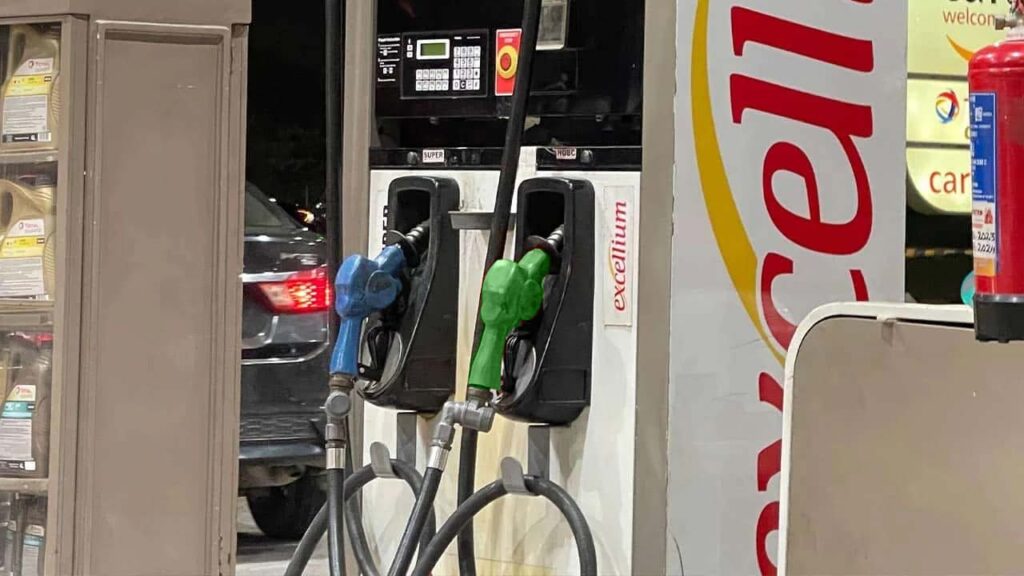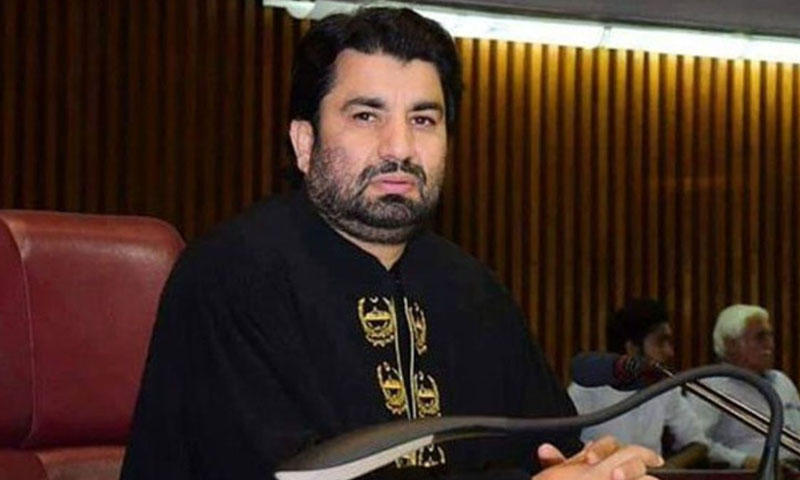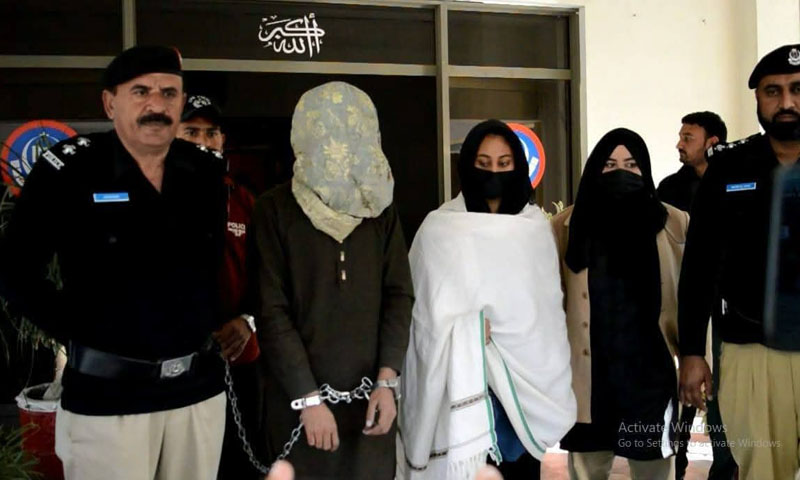- Web Desk
- Feb 09, 2026
Petrol price reduced by Rs1, diesel Rs4
-

- Web Desk
- Feb 16, 2025

ISLAMABAD: The government announced a decrease in price of petrol, aiming to ease the financial strain on inflation-weary citizens amid a persistent economic crisis.
The price of petrol was lowered by Rs1, setting the new rate at Rs256.13 per litre. Meanwhile, diesel prices experienced a more substantial reduction, with a decrease if Rs4. The fuel is now priced at Rs263.95 per litre.
Read more: KP govt exempts WFP aid trucks from levy, reduces tax on Afghan transit trade
Similarly, kerosene prices fell by Rs3.20, now fixed at Rs171.65 per litre, while light diesel oil was reduced by Rs5.25. The new price of the fuel is now stands at Rs155.81 per litre.
The announcement brings a slight relief for the citizens struggling with sky-rocketing electricity prices and a double-digit inflation. The inflation rate in Pakistan escalated in recent years, with the country witnessing an all-time high in June 2022. This was driven by increasing fuel prices, food costs and external economic pressures. The global economy all suffered following Covid-19 pandemic.
The ongoing economic turmoil has been intensified by a combination of factors, including excessive external borrowing, ineffective governance, and the devastating impact of the 2022 floods that drowned two-thirds of the country.
As of February 2025, the inflation rate is recorded at a modest 2.4 per cent, the lower in nine years. However, many have cast doubt on the figure, with political engineering blamed for such low figures.
Estimates indicate that Pakistani households allocate over 30 per cent of their income to fuel expenses alone. The critical role that petrol and other related products play in the overall cost of living exacerbates the overall purchasing power of the common public.
The economic crisis has been characterised as the most severe since Pakistan’s independence. The country of 240 million has to confront a balance of payment crisis and dwindling foreign reserves.
The government was compelled to seek assistance from the International Monetary Fund (IMF), multiple times for bailout packages. Little better than loan sharks, the conditions set by the international financial body include austerity measures and price hikes of essential commodities that further compound general public’s woes.
Read more: Strong earthquake tremors felt in Islamabad, surrounding areas
Political instability also further complicated the economic situation, with rapid currency devaluation and outflows from foreign reserves following changes in government.




